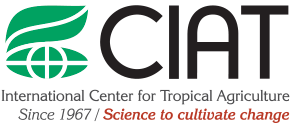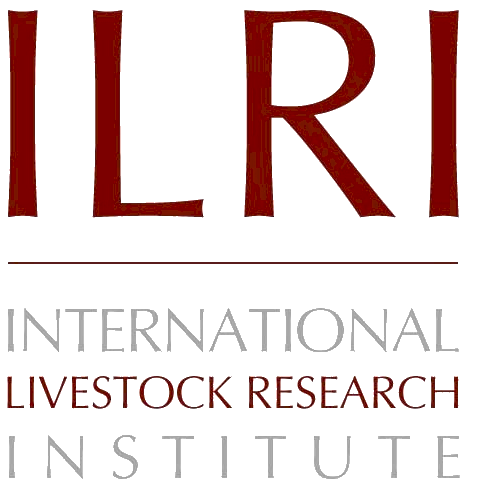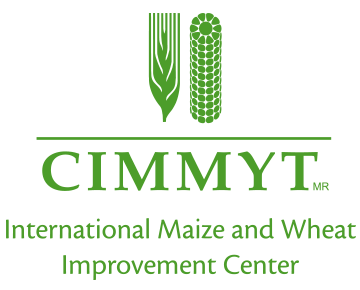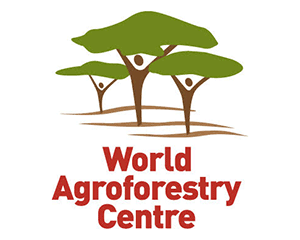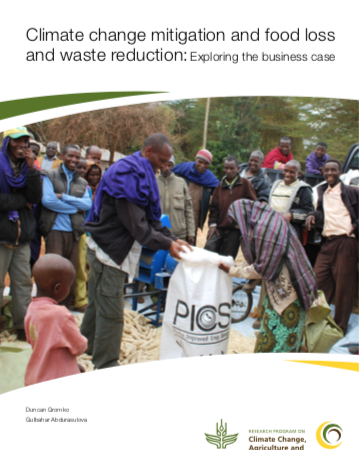
Food loss and waste drains $940 billion from the global economy each year. The private sector, with support from government and partners, can change that.
The incredible scale of global food loss and waste – an estimated one-third of food produced – causes economic losses of US$ 940 billion per year. Besides economic losses it also consumes a quarter of all water used by agriculture and accounts for 8% of global greenhouse gases. Reducing food loss and waste is a critical strategy for addressing sustainable development goals to reduce poverty, improve nutrition and take climate change mitigation action.
In a peer-reviewed study published this month, we examined the business case for reducing food loss and waste in three supply chains: dairy in Kenya, grains in Tanzania and tomatoes in Nigeria. We found that reducing food loss in these supply chains is a low-hanging fruit; investments are profitable and benefit supply chain actors.
To catalyze immediate action, governments and development organizations can:
- – build capacity and reduce the risk for small businesses in agricultural value chains;
- – facilitate investment for research, development and deployment of new technologies; and
- – improve the regulatory environment
Read the full blog post here or the full report Climate change mitigation and food loss and waste reduction.
Written by Duncan Gromko and Gulbahar Abdurasolova (Unique forestry and land use GmbH)


